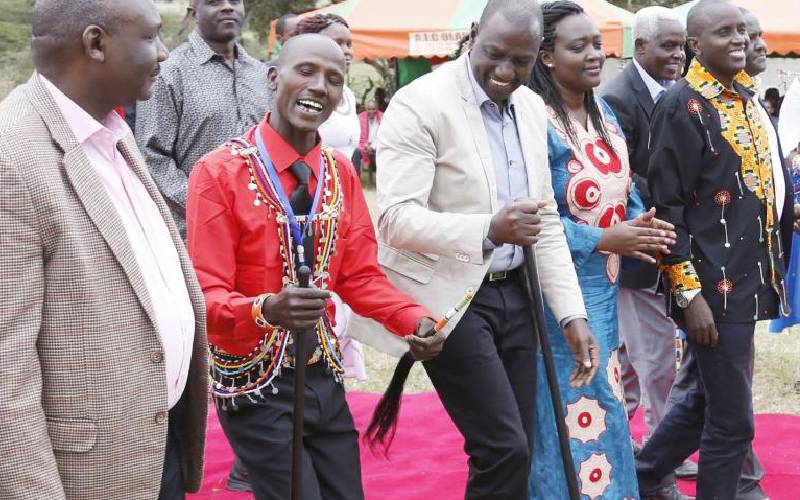×
The Standard e-Paper
Kenya’s Boldest Voice

Deputy President William Ruto with other leaders during an interdenominational prayer service in Suswa, Narok County. [Charles Kimani, DPPS]
Allies of Deputy President William Ruto stepped up their opposition to a referendum, arguing that the proposal for a single seven-year presidential term limit was untenable.